“Jesus himself stood among them and said, ‘Peace be with you.'” ~Luke 24:36
It’s a greeting of comfort. Peace be with you. It’s a blessing from the risen Lord to all the people gathered around the table. The presence of Jesus ends our anxiety about what’s happened to Jesus and whether God’s plan for our salvation is still going. Well, guess what? Jesus is alive and God’s plan is on!
The disciples are almost paralyzed by the realization that Jesus really is risen from the dead. Everything written about Jesus has been fulfilled! Everything Jesus said would happen has! There’s great joy and amazement around the table because the disciples are experiencing what Scripture promised and what the angels and prophets had longed to see.
The presence of Jesus at the resurrection meal provides the proof that there’s a direct continuity between who we are today and who we’re going to be on that great day. Suffering is not an unfortunate detour, it’s the designated path. Death is not the end, it’s the transition to the new creation. Jesus is with us at the meal to prove to us that what he’s saying is right.
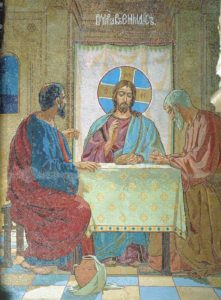 And his presence makes all of us first generation disciples. It places all of our meals together on the table at Emmaus. The risen Lord is with us when we eat with his disciples in his name. It’s not just the people he appeared to during those 40 days after he rose. We don’t have to keep our faith alive on a think diet of two-thousand-year old reports of the people who saw him back then. We’re not second-hand Christians removed by time and space from those powerful events in the Gospel. Jesus is with us. The risen Lord is really present.
And his presence makes all of us first generation disciples. It places all of our meals together on the table at Emmaus. The risen Lord is with us when we eat with his disciples in his name. It’s not just the people he appeared to during those 40 days after he rose. We don’t have to keep our faith alive on a think diet of two-thousand-year old reports of the people who saw him back then. We’re not second-hand Christians removed by time and space from those powerful events in the Gospel. Jesus is with us. The risen Lord is really present.
Now, I don’t know what’s going on with you. You might be in the same spot as those two disciples on the way to Emmaus. You might be in a place of despair. You might be experiencing grief. Maybe some dreams have been dashed. Maybe you’ve been numb for so long you’re used to it. You’re living in a fog. You’re resigned to the bad news, the bad feelings, and bad circumstances. You’ve given in. You’ve almost given up.
Accept the invitation to the Lord’s Table. Take your place and participate in the supper. Listen for his voice. Be open to his leading. Be comforted in the warmth of his presence. Experience the meal. The meal explains what it is about Christianity that grabs us and holds us in the middle of everything that’s so wrong with our world and with ourselves. Jesus is alive and I’m going to be, too! God’s promises are real and they’re coming true!
Peace,
Allan
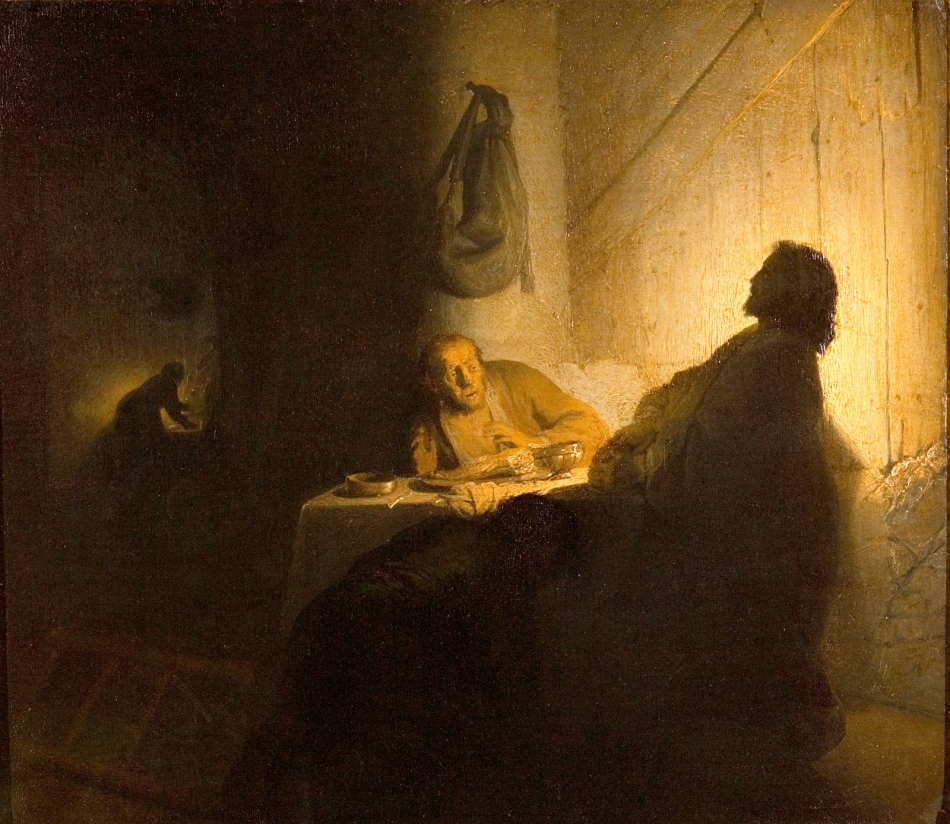
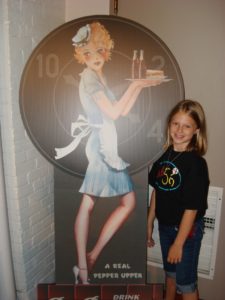
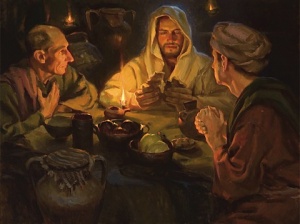



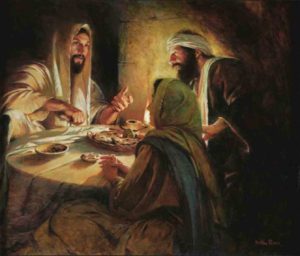
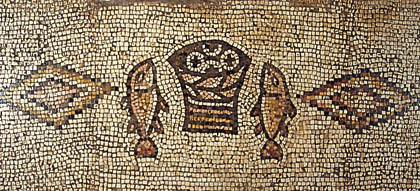
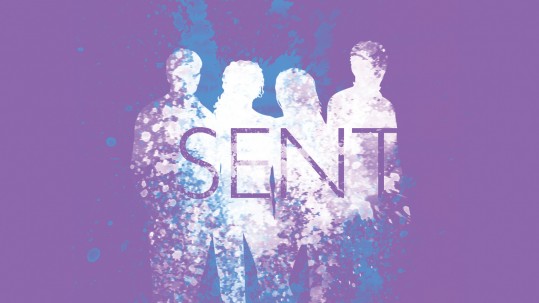
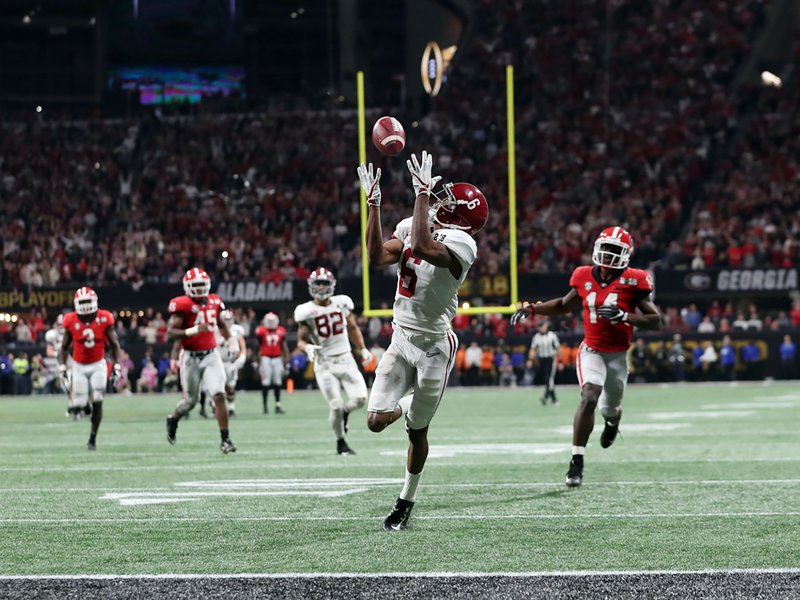

Recent Comments